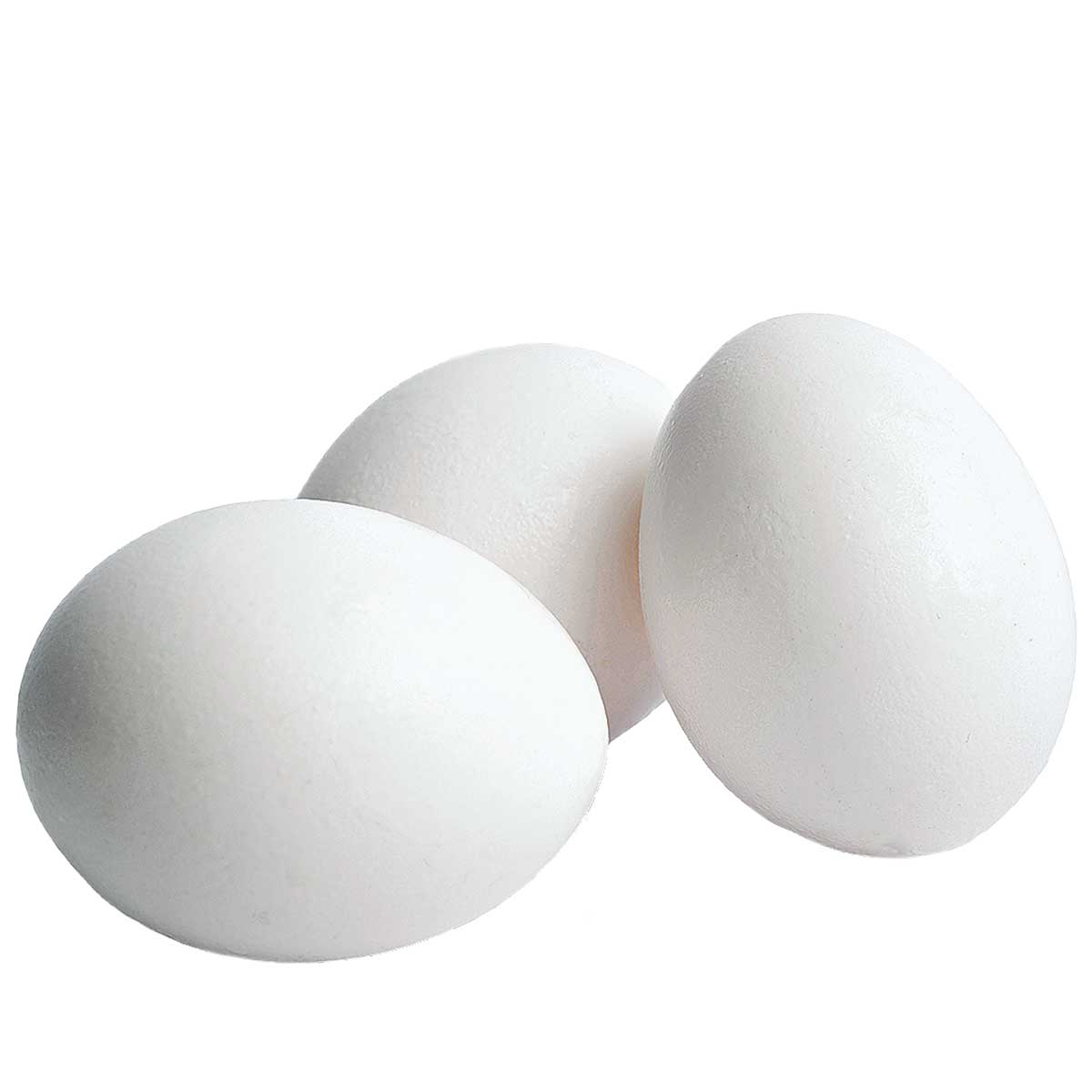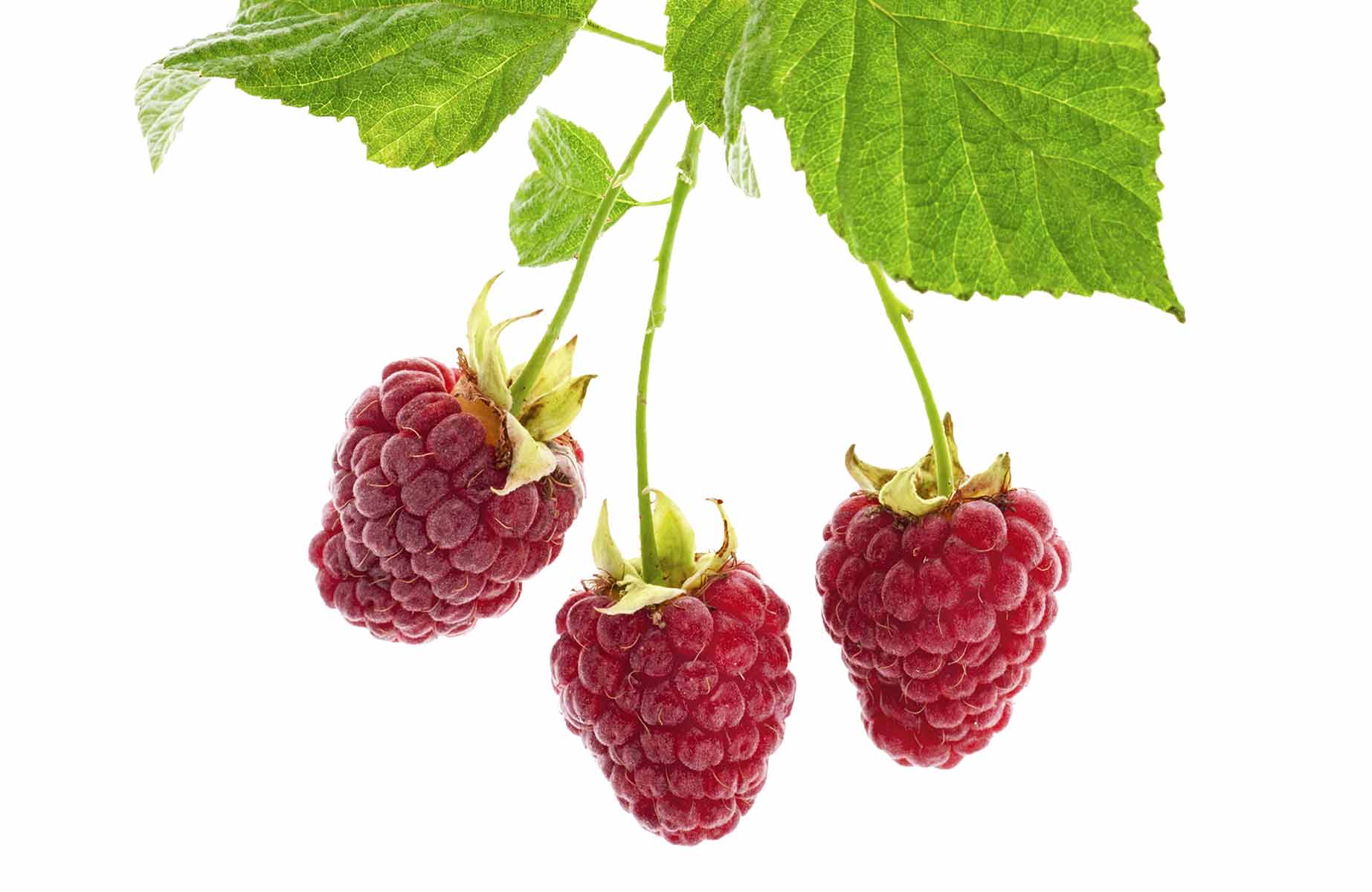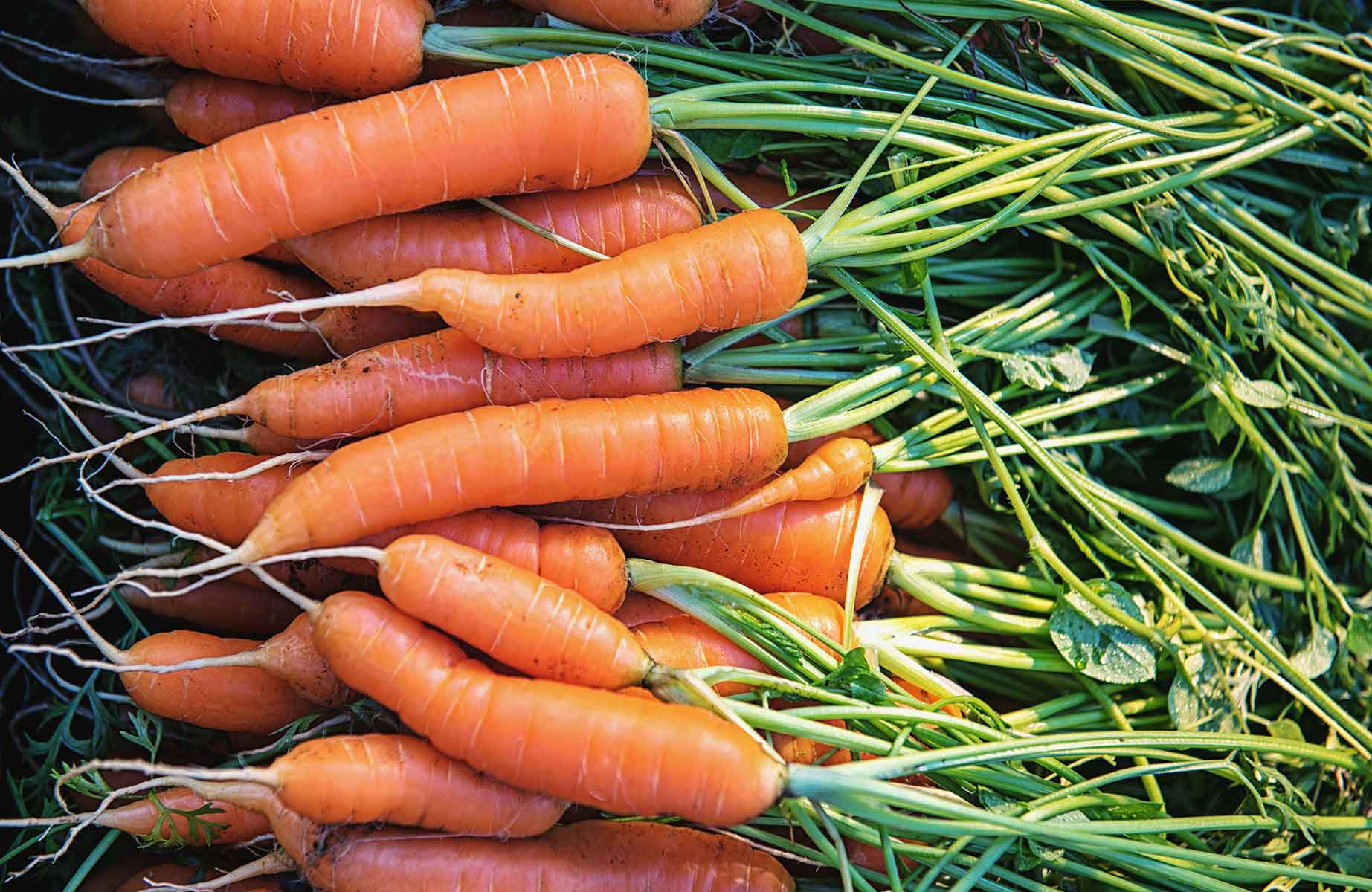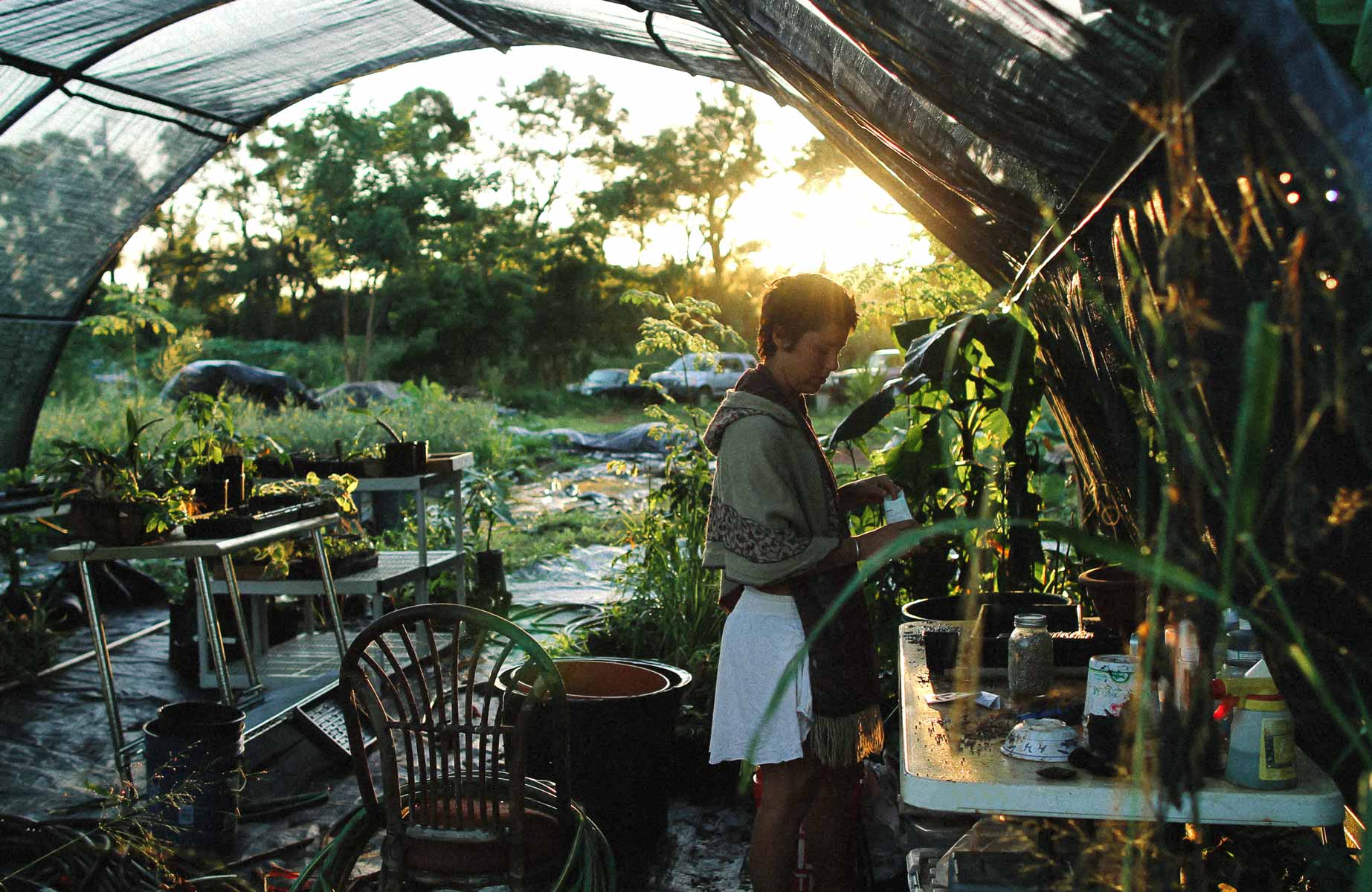
A growing number of BC municipalities have passed bylaws in recent years allowing residents to raise chickens in their backyards. Typically, backyard chickens must be registered with the city, but rules and guidelines vary by region (check your local government website for details). Interested in farm fresh eggs straight from your backyard, but feeling unsure about how to get started? Companies like Rent The Chicken™ can provide you with everything you need: a portable chicken coop, two-to-four egg laying hens, up to 90 kilograms of feed, food and water dishes, and helpful instructions. Check out rentthechicken.com for more information.

According to the David Suzuki Foundation, shampoos often contain a long list of environmentally harmful chemicals. These can include sodium lauryl sulphate and ethylene oxide (a known carcinogen). The “No-Poo” method is a growing trend around the world, as people ditch shampoo bottles in favour of eco-friendly alternatives—such as baking soda, apple cider vinegar, or simply water. Not ready to commit to going 100 per cent shampoo-free? Another option is to wash your hair less frequently (three times a week or less). Taking a break from shampoo allows your scalp to rebuild its natural oils, and many people find that their hair feels and looks healthier as a result. Going shampoo-free (or shampoo-light) can benefit your health, your wallet, and the environment!

Vancouver’s temperate climate allows edible greens and wild herbs—like nettle, plantain, wild chamomile, and dandelions—to grow year-round. In the spring, you can find salmonberries and huckleberries in municipal parks, and in August, blackberries grow wild around the city. Forager Foundation, a Vancouver non-profit organization, offers guided hikes around the city. On these excursions, participants learn about the history and significance of local, edible plants and how they can be sustainably harvested and used for medicine and food. Visit foragerfoundation.org for more information.
To find out where and when to source wild, edible foods in cities around the world, check out fallingfruit.org: a website dedicated to mapping the availability and location of wild foods in urban areas.
Used coffee grounds can be a great alternative to chemical fertilizers. According to a Soil and Plant Laboratory Inc. report commissioned by Sunset Magazine, coffee grounds provide phosphorus, potassium, magnesium, and copper to your soil. Coffee grounds are also high in nitrogen, and their mild acidity can help regulate your soil’s pH balance. Spread your used coffee grounds around blueberries, fruit trees, currants, and other acid-loving plants. Be mindful not to go overboard—about a half-inch-thick layer of grounds on top of your regular mulch should do the trick. So go ahead, enjoy another cup of coffee. Your plants will thank you.













